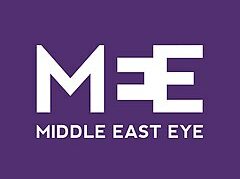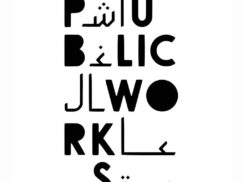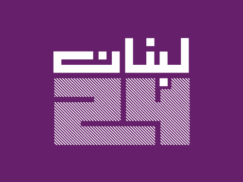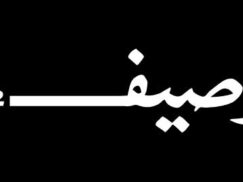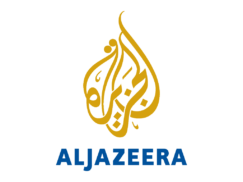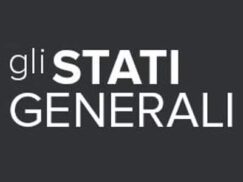UPDATES TO KAFALA
The definitive place to get the latest updates on Kafala.
French prosecutors have said they are investigating claims that a Saudi prince kept seven employees in a state of modern-day slavery at an apartment he owned outside of Paris.
The Le Parisien newspaper reported on Monday that an inquiry for human trafficking was opened after the women, most from the Philippines, filed complaints of modern-day slavery.
If the COVID pandemic has shown us anything over the past year, it is that crises, no matter how global they may be, are not experienced equally by everyone. In times of multiscalar crises of the magnitude currently being experienced in Lebanon, the absence of public policies centered around social justice has made access to basic human rights a privilege for many.
Lebanon is suffering massive fuel shortages amid the worsening economic crisis in the country. Long queues outside gas stations have sparked brawls, traffic jams, accidents on nearby roads and even gunfights.
احتلت العاصمة اللبنانية بيروت المركز الثالث بين مدن العالم الأكثر غلاء بالنسبة للعاملين الأجانب، بحسب دراسة مسحية لتكاليف المعيشة أجرتها شركة "ميرسر" للاستشارات في 2021.
What does it mean to exist in public and private space with our own free thoughts, inclinations, and expressions, without society and its laws forcing us to follow normative patterns in gender existence? Zahraa, my friend, wondered out loud during a private conversation between the two of us, adding: If society had not forced us to all this, would we have perhaps really known the true meaning of love — and what it means to love freely? Would we have been able to exist within our own complete selves? Ever since, her question has haunted me and occupied a large portion of my mind.
For decades Ethiopians have flocked to Lebanon in search of work. But many find a cycle of abuse that’s hard to escape.
A campaign video on Lebanon’s Kafala system, in which roles between employers and migrant domestic workers were reversed, has been widely shared online.
Addis Ababa, Ethiopia – Aster Goshu squints as she speaks quietly into the telephone’s digicam. “They lock me in the home when they leave,” she says in Arabic, talking in a frantic tone.
“I spend my days crying,” she provides, pointing to the darkish circles underneath her swollen eyes. “I’ve cried so much that I have trouble seeing things from a distance.”
“My employers say, ‘you Ethiopians will always be poor, what difference would it make?’” she provides, explaining that she’s solely acquired a wage for 3 months of the 4 years she is owed. “I beg you to help me escape this home.”
Backed by the United Nations, the Girl Up campaign in Lebanon has launched a petition calling on the Lebanese government to end the Kafala system. The petition already has over 25,000 signatures and counting.
Lebanese activists have long been calling to dismantle this unregulated and inhuman system of neo-slavery.
Eccoli lì, in tanti, una moltitudine. Sono stremati, dopo un lungo turno di lavoro e ore di protesta. Aspettano una decisione della monarchia araba che possa cambiare la loro vita, togliendo loro le moderne catene della schiavitù – che non sono di metallo, ma di burocrazia. Vengono da tutto il mondo, specialmente dall’Asia e dell’Africa. Tutti con il giubbotto arancione, che applaudono felici. Non sono tifosi ad una partita di calcio. Sono gli schiavi della Kafala che, a Doha ricevono la notizia che la legge sia stata riformata. Nei Paesi del Golfo Persico abitano circa 18 milioni di immigrati ufficiali su una popolazione totale di 42 milioni. Sono loro che si rallegrano per le riforme concesse dalle monarchie assolute dei paesi arabi.

